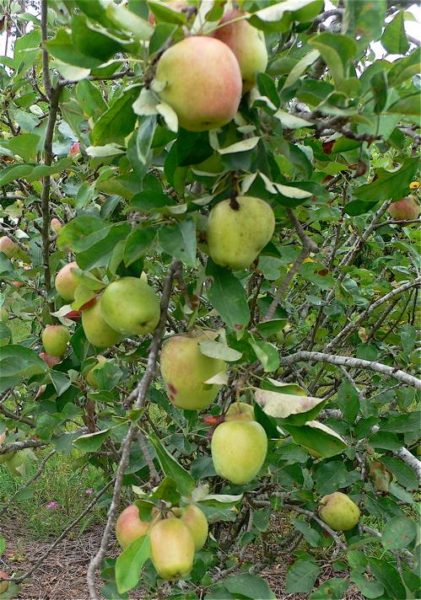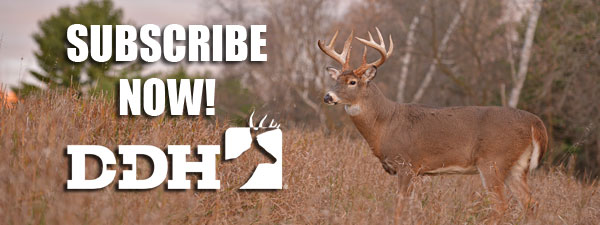Fall hunting seasons are just around the corner, and the thoughts of most land managers have shifted from planting and tending their wildlife-attracting crops to harvesting a small surplus of the wildlife they attract. But it’s never too early to start thinking about next year, and many years to follow. In fact, If you’re planning on establishing or enhancing your mast orchards, there’s no time like the present.
Unlike the herbaceous plants in food plots, fall is a much better time to plant trees. They slow down their growth and go dormant in the fall, but even without leaves they continue to grow roots throughout the fall and winter, as long as the ground is not frozen. This is particularly beneficial to young trees as it gives them a chance to become acclimated to their environment before the stress of spring growing season. As a result, they actually come out stronger the following spring.
Furthermore, fall usually brings frontal rains that water the trees naturally; and because trees are slowing down in growth and going dormant, they require less water. This is especially good for locations where you cannot easily get water to the trees after planting.

It may also be more convenient for you, particularly if you have to travel some distance to your hunting grounds. Fall bow seasons start early in many areas, early enough that you can spend part of your time at camp working on tree orchards, setting stands and setting and tending trail cameras, and possibly even slip in an early bowhunt.
You also get a head start and reduce the necessary work for next year. By planting in the fall you and your plants will be that much further ahead. For more information on tree species selection, visit the Chestnut Hills Outdoors website.
Many of the tree varieties from Chestnut Hill Outdoors are developed to begin producing fruit within two to three years. Whether it’s two or three can often depend on whether they were planted in the spring or fall, with fall plantings usually having the edge.
Chestnut Hill Outdoors is more than just a nursery. In order to ensure you receive the maximum benefit from their products, they also provide sound advice and instruction on proper planting and care. For more on Chestnut Hill Outdoors products and how to care for them, visit ChestnutHillOutdoors.com, or call (855) 386-7826.


